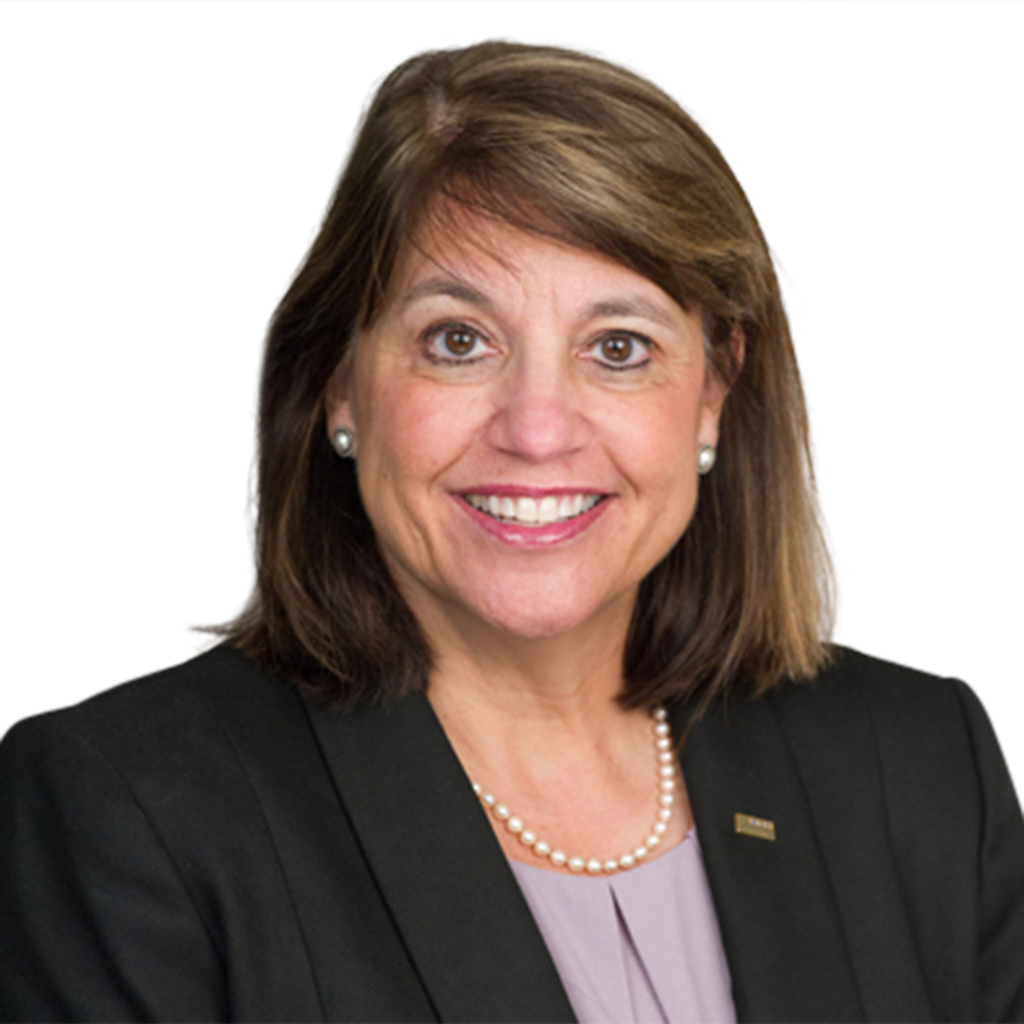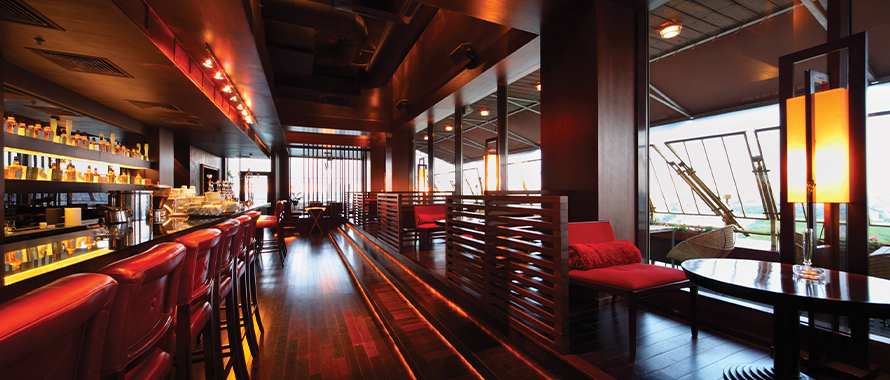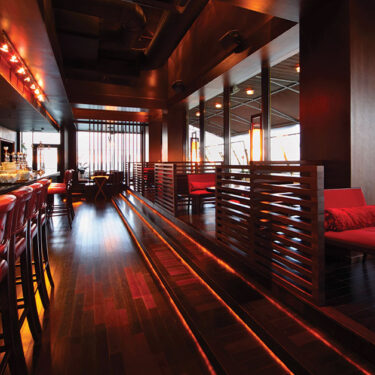Businesses in the hospitality industry face a variety of property and liability risks. To learn more about these challenges and the corresponding insurance solutions, Crain’s Content Studio spoke with Bonnie Steen, Vice President, Managing Director, Burns & Wilcox, New Orleans, Louisiana.
What are some of the greatest risks today for restaurant hospitality businesses?
B.S.: From a property standpoint, one of the biggest risks for restaurants is going to be a fire loss in the kitchen. Depending on how bad the fire is, you might even have loss of business income if you are not able to open back up quickly. If you have customers who are injured due to the fire, perhaps by smoke inhalation or falling during an emergency exit situation, you could have a liability claim as well.

You always have to protect your assets. Maybe a restaurant has $200,000 worth of wine — the restaurant either should not buy that amount of wine, or it needs to be properly insured.
If you have a storm, lose power, and cannot open for a week, you could have a food spoilage claim. From a liability standpoint, a customer could get sick from eating spoiled food, break a tooth on food, or have a slip-and-fall claim because of water or spilled food on the floor, for example. There are also risks associated with cybersecurity, delivery services, staff injuries, and liquor liability.
What should business owners be aware of relative to these risks?
B.S.: Working with their insurance agents, they need to identify potential exposures that could cause them to have a loss. Then they need to determine what they want to insure, to retain and to avoid. For example, if a restaurant wants to offer tableside cooking or flaming dishes, they may want to avoid that risk all together by not offering it. However, if they do still want to offer that service or dish, they need to ensure they have the right insurance to cover the risk.
Which insurance policies can help them respond to these threats?
B.S.: Commercial Property Insurance can cover fire, wind and hail, vehicle damage, vandalism, smoke, explosions and other perils. It should also include coverage for food spoilage and loss of business income. Other policies include Commercial General Liability (CGL) Insurance, Hired and Non-Owned Vehicle Insurance, Liquor Liability Insurance, Excess Liability Insurance, Employee Dishonesty Insurance, Cyber & Privacy Liability Insurance, Workers’ Compensation Insurance, and more.
What steps can businesses take to complement their insurance coverage from a prevention standpoint?
B.S.: Businesses should be ready for inspections. When you buy insurance, often you will get a loss control specialist to examine your risk and make recommendations to either eliminate or lessen a loss. Burns & Wilcox has a sister organization, Afirm, that specializes in risk mitigation, loss control and premium audits.
Can you share an example of a scenario you have dealt with that would be illustrative of the types of risk we have been discussing?
B.S.: I encountered a restaurant that experienced a major cybersecurity breach. The waitstaff would take the customer’s credit card and ring it through in the back, and one of the staff had a card reader in their pocket. It was a significant loss — over $300,000 — and they did not have Cyber & Privacy Liability Insurance in place. As another example, some restaurants and bars have assault and battery limitations or exclusions on their CGL Insurance. If a fight happens and someone comes back and sues the restaurant or bar, without that coverage, the owner could be responsible for the loss.
Is there anything else you think is important for businesses to know relative to preventing or mitigating their exposures?
B.S.: You always have to protect your assets. Maybe a restaurant has $200,000 worth of wine — the restaurant either should not buy that amount of wine, or it needs to be properly insured.
What are the greatest opportunities for brokers to get into Hospitality Insurance?
B.S.: Opportunities are plentiful — restaurants are on every corner, be it fast-food, white tablecloth, family-style, or delis.
What advice would you give brokers to increase their success rates with these products?
B.S.: If you have a chance to get involved with a restaurant association, that is a great opportunity. Get in front of owners at conferences or take ads out in their newsletters. Find ways to set yourself apart from other brokers and find markets that have an appetite for hospitality business. Working with an E&S wholesale partner, like Burns & Wilcox, who has access to those markets is key.
Restaurant Hospitality Insurance
Why your clients might need it: Restaurant owners and individuals in the hospitality industry should consider their assets, know their potential risks, and always protect staff and customers.
Protects against: Potential losses associated with kitchen fires, food spoilage, cybersecurity, delivery services, physical injuries, weather damage and liquor liability, for example.
Expert opinion: Working with their insurance agents, [business owners] need to identify potential exposures that could cause them to have a loss. Then they need to determine what they want to insure, to retain and to avoid.




